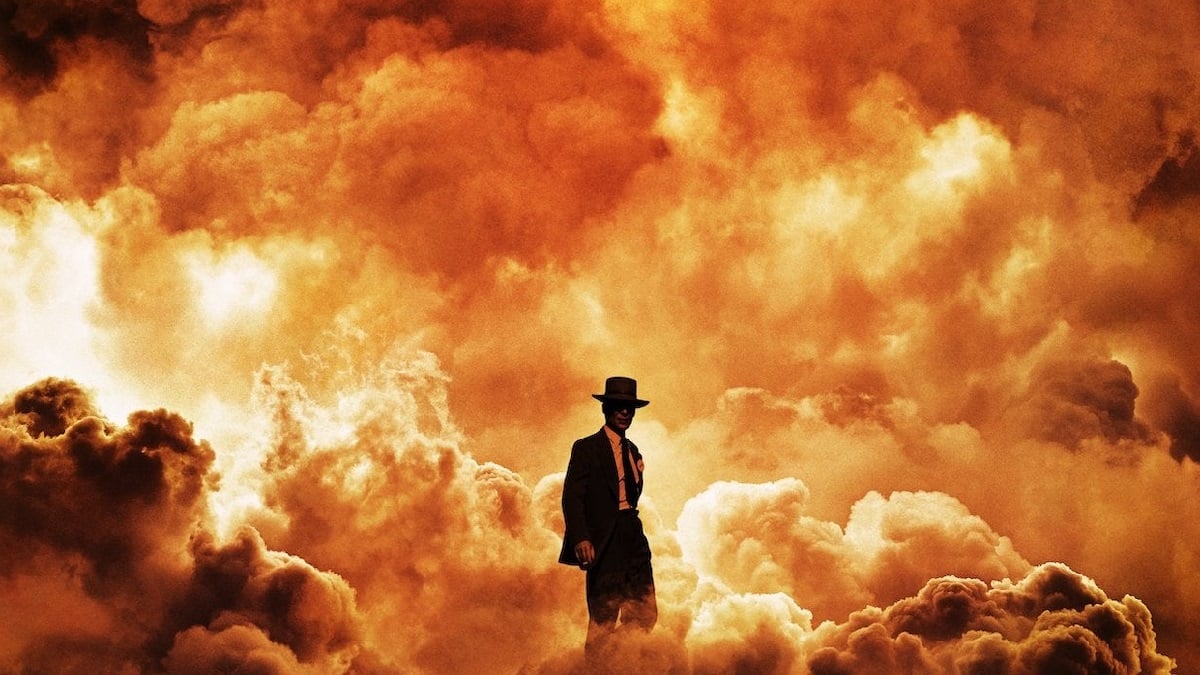
As one of the 21st century’s greatest and most iconic directors, Christopher Nolan has become a household name, thanks to iconic movies such as Dunkirk, Inception, and The Dark Knight trilogy. For many people in 2023, however, J. Robert Oppenheimer’s name isn’t so clear. While Oppenheimer’s place in the history books is undeniable, due to his role as the father of the atomic bomb, his name is still far less known than contemporaries like Albert Einstein or President Franklin Delano Roosevelt.
A physicist of more modest fame compared to Einstein or Stephen Hawking, who have had their own lives adapted into film, may not automatically stand out as prime biopic fodder. Hit biographical films — such as 2018’s Bohemian Rhapsody, the highest-grossing biopic of all time; showcase superstars and celebrities audiences are highly familiar with.
These movies, however, have been typically less acclaimed than Oppenheimer, Christopher Nolan’s latest epic. Most of the time, biopics barely scrape past “rotten” scores on Rotten Tomatoes, given to anything under 60 percent. Generally, biopics are criticized for their paint-by-numbers approach to storytelling, with predictable plot and an abundance of clichés.
These types of star-studded biopics, however, have been a successful financial gamble for film studios. In an era of streaming algorithms and fewer films being shown in theaters, major movie companies are less willing to tell stories that aren’t statistically proven to get people in their seats. Given that the biggest box office hits in recent years have been sequels, adaptations, and cinematic universes, that move is somewhat understandable.
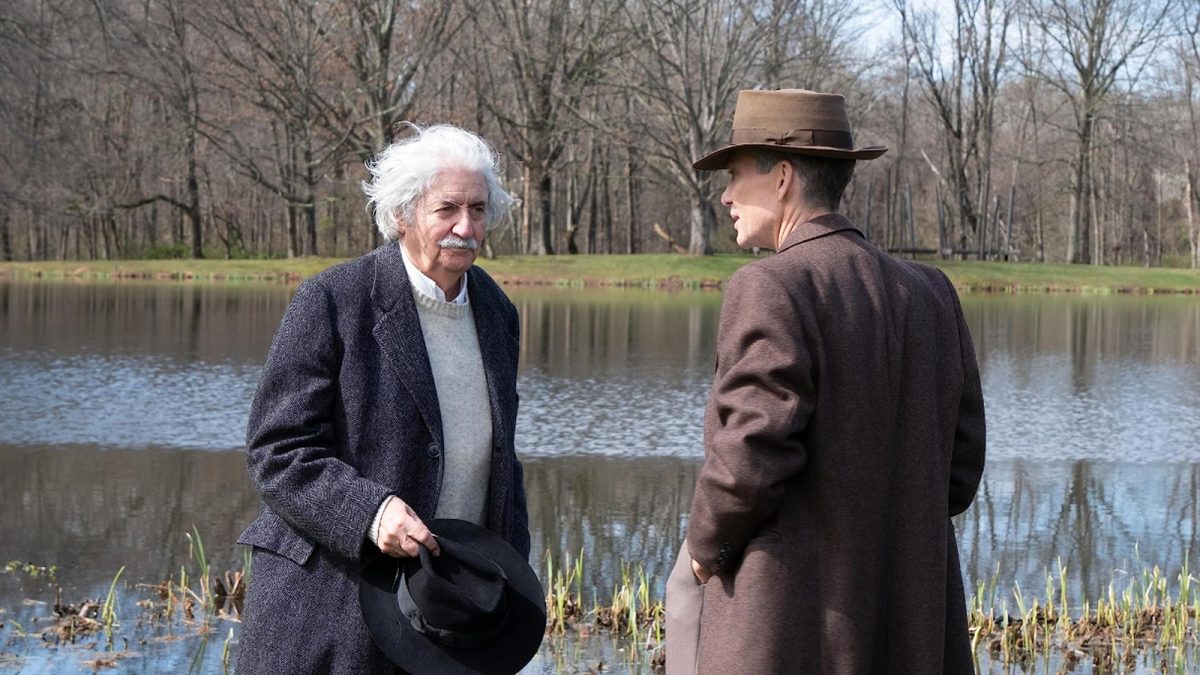
This risk-free approach to movie-making, however, has done little to stop the dwindling numbers of theater attendees. According to data accumulated by The Numbers, the number of movie tickets sold has never fully bounced back from the COVID-19 pandemic. Safe options have failed to keep moviegoers excited about going out to catch the latest blockbuster.
Despite the odds stacked against it, in little over two weeks, Oppenheimer’s box office has raced its way up the list of not just the biggest movies of 2023, but the biggest biopics of all time. According to data at CNN, Oppenheimer reached $500 million in its third weekend, making it the highest-grossing movie set during the Second World War. Should trends continue, the film could topple Bohemian Rhapsody‘s $900 million box office by the end of its run.
The question of how Oppenheimer‘s success came to be can be partially answered by the more obvious answers. The “Barbenheimer” phenomenon, of moviegoers watching both the biopic and Barbie in a double feature has evidently re-energized moviegoers, making for an unprecedented box office run for two movies that opened on the same day.
Despite their clear differences in tone, Barbie and Oppenheimer do share some similarities. Both rooted in American history, the films are still largely original stories compared to the avalanche of sequels and spin-offs currently on offer, as well as an unconventional script and minimal use of green screens. The public interest in checking out both features has made moviegoers engage with a story of a historic figure they may have been otherwise unfamiliar with.
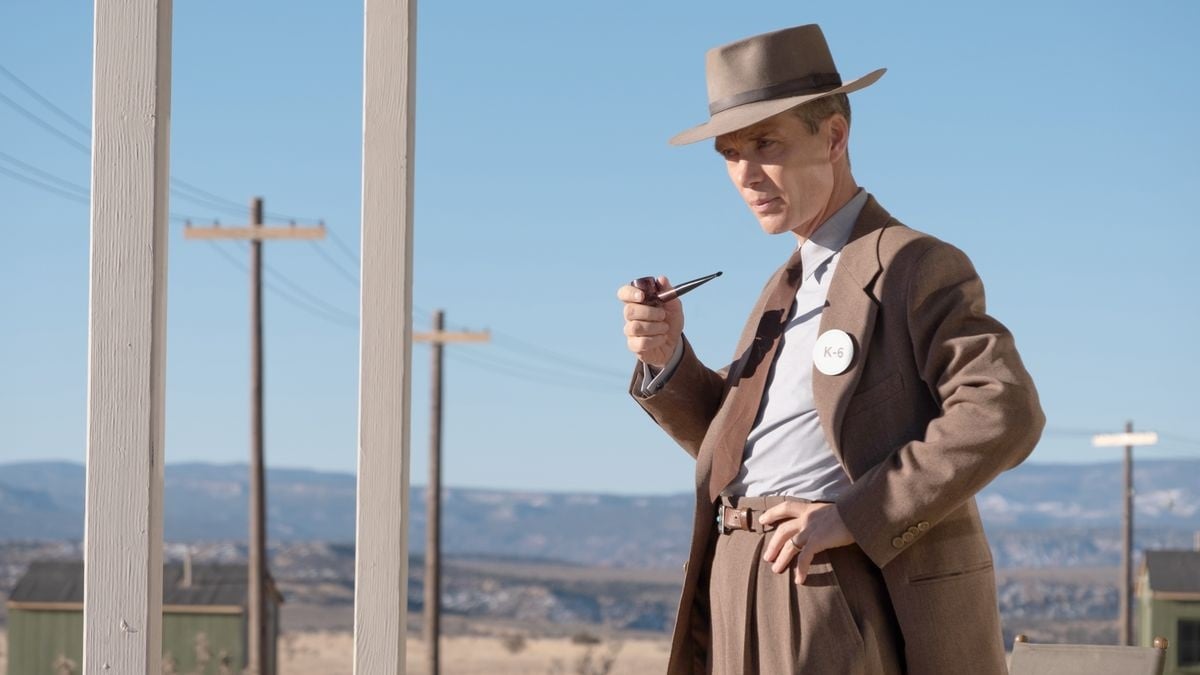
Of course, Christopher Nolan’s ability to excite moviegoers certainly helps attract ticket sales. However, even the most world-renowned directors struggle to make a profit in the current movie landscape. According to Box Office Mojo, Steven Spielberg’s 2021 remake of West Side Story made $76 million worldwide against a $100 million budget, making it a huge box office bomb. Nolan’s name alone also may not be enough to get viewers into theaters, as shown by the modest box office numbers of his previous film, Tenet.
When it comes to biopics, adapting stories of celebrities that audiences are familiar with is not necessarily a recipe for success. Although Elvis and Bohemian Rhapsodywere both commercially successful, movies like Whitney Houston: I Wanna Dance With Somebody struggled to make its budget back. Even with Elvis, its presence on HBO Max likely dissuaded movie fans from going out to see it on the big screen – a habit that streaming has only worsened in the last decade.
What Oppenheimer offers, in comparison to other biopics, is a manner of storytelling that vastly differs from the ever-growing crowd. Linear stories of rags-to-riches and the rise and fall of fame come a dime a dozen in the world of biographical films, often due to the involvement of their subjects, their families, or their estate in the making of such movies. J. Robert Oppenheimer, a long-deceased physicist who lived his final years in social and political exile from his peers on The Manhattan Project, lacks such forces to shape the screenplay and Christopher Nolan’s vision.
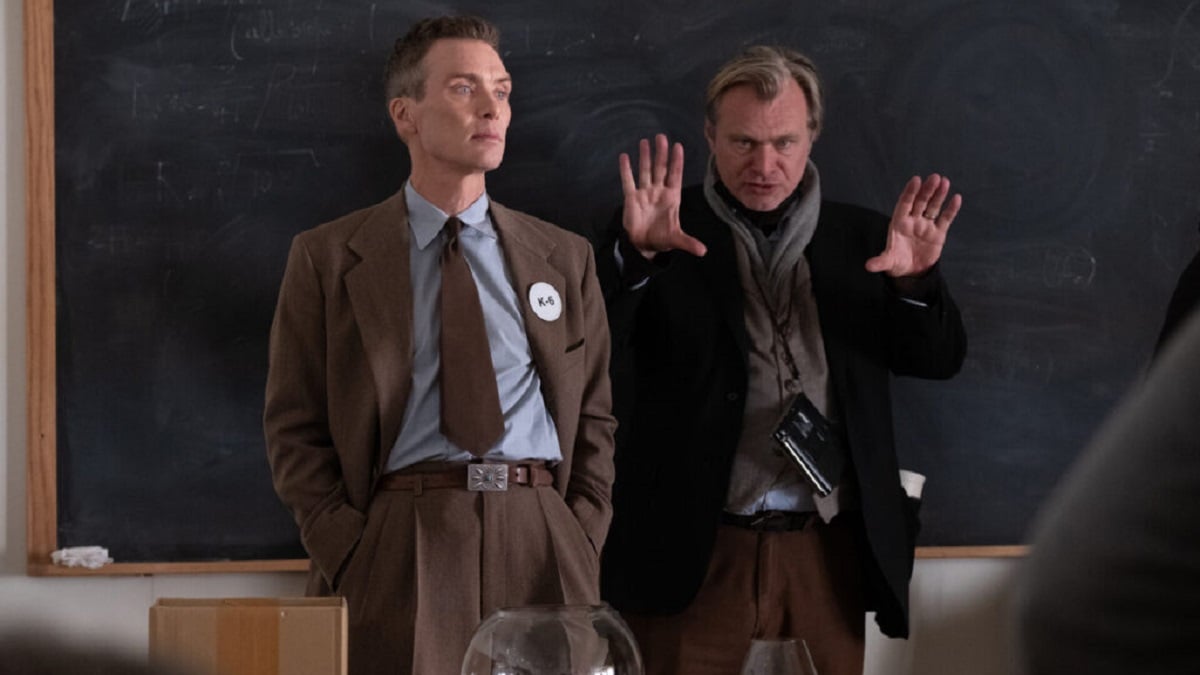
This sort of creative freedom certainly comes across in the movie’s approach to storytelling. Production notes provided to Insider note that the black and white scenes that focus on Lewis Strauss (played by Robert Downey Jr.) are objective, while the color scenes of Oppenheimer’s life are subjective. Much of Oppenheimer’s scenes use a great deal of creative license, notably when Oppenheimer appears naked and straddled by his former lover during his security hearing, and a scene after the successful Trinity test and subsequent bombing of Japan, where he relays a speech to a crowd while coming to grips with the fatal effects of a nuclear attack.
Even if these deviations from the facts of history were somewhat lost or misinterpreted by viewers, they certainly didn’t turn moviegoers away from creating a record-breaking movie run. If anything, its focus on spectacle, as opposed to relaying events as they happened, offered something no documentary or previous WW2 film available on streaming possessed. Even the book Oppenheimer was based on, American Prometheus by Kai Bird and Martin J. Sherwin, does not provide the same sort of storytelling.
If anything, the success of Oppenheimer shows that audiences do not need to be spoon-fed simplified stories of recognizable figures. Even with giants of history like John F. Kennedy being referenced in the film, Nolan continuously treads new ground in his latest historical epic and has no reservations about taking audiences with him. The director doesn’t dumb down or slow the story in order out of fear of losing the viewer. Instead, Nolan trusts that moviegoers will understand the big picture, whether or not every detail made sense to them.
“Don’t try to understand it, just feel it.” Nolan explained to Looper. “I think it’s really about mystery… it should be about mystery. You don’t want to understand the entire story right at the beginning. Otherwise, there’s nothing to unfold.”
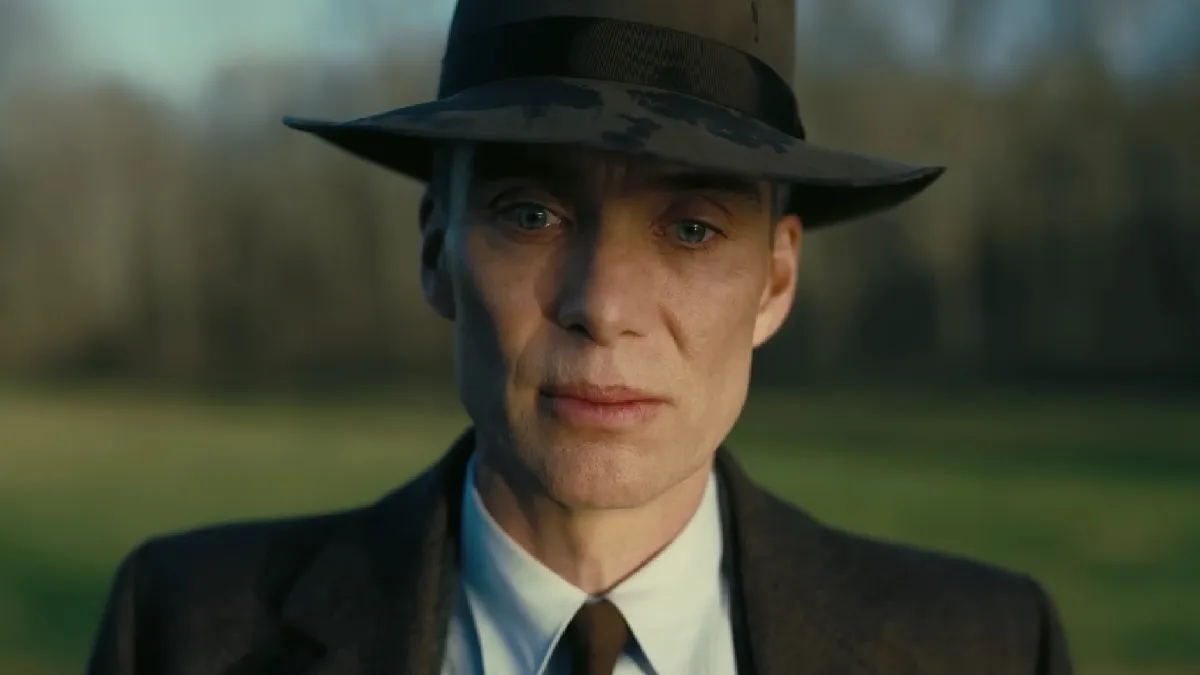
Moviegoers are not necessarily turned away by new ideas or stories, as studios have feared for the last few decades. Rather, they just have to be made aware of them. The success of modern television and its golden age, notably the countless Netflix originals and similar shows that have sealed a permanent place in the cultural zeitgeist, have been mostly unique stories that stood out from the crowd. Even shows that are adaptations of intellectual property, similar to what Barbie has achieved as a movie, have kept viewers from switching off by bringing something new to the table.
It would be ignorant to claim that the Barbenheimer phenomenon did not play a significant role in Oppenheimer‘s success. However, internet hype alone cannot keep a film afloat if audiences cannot connect with the material, as seen by Sony’s attempt to resurrect box office success for Morbius due its high volume of internet memes. Had both films not been able to entertain audiences at a similar level, Barbenheimer would be a distant memory by this point.
The mass marketing of Barbie, labeled “Operation Barbie Summer” by studio executives, certainly carried Oppenheimer’s marketing on its back – at least to some degree. However accidental this success was, it only helped prove that audiences are receptive to new ideas; that is, if they are made aware that such ideas exist. As the line in the 1989 movie Field of Dreams goes (a film with its own unorthodox story); is often misquoted as, “if you build it, they will come.” Every aspect of a film does not have to be made crystal clear to a viewer in order to make a connection. As Christopher Nolan said, they just need to feel – and feeling is difficult if studios are only willing to use tried-and-tested methods of filmmaking.
For any filmmakers or studios looking to release a biopic after Oppenheimer, sticking to the script is no longer a viable option. If the movie industry – theaters especially – want to keep up the momentum after Barbenheimer and not face a devastating drop in interest, things cannot go back to how they were before. Biopics have previously been a way for studios to deliver somewhat original stories that audiences have a pre-established connection to, without being bogged down by too much IP. Recent trends regarding biopics, however, show that cutting corners with formulaic storytelling can only go so far before viewers eventually stop coming.
Oppenheimer proved that original films are not inherently box office poison, and that positive reactions can generate further ticket sales. It is down to the studios, however, to match the momentum of positive responses and keep this renewed feeling that movies are an event. There is no reason that an upcoming biopic cannot match a similar quality or success as Oppenheimer is currently enjoying, but miracles cannot happen on their own, unless the movie studios believe such miracles can happen too.
from Movie News | Movie Reviews | Movie Trailers https://ift.tt/cQ15Ifi
0 comments: